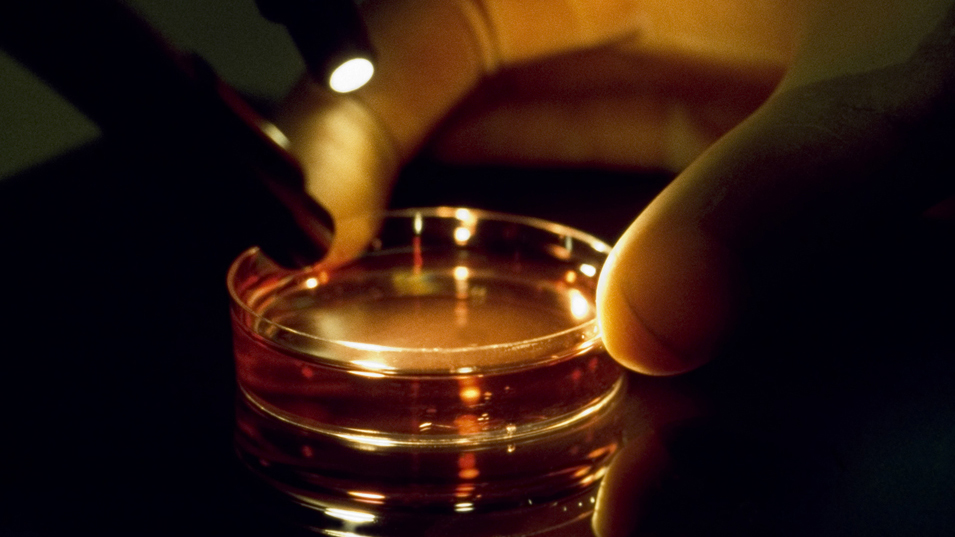
How much protection the annual flu shot provides depends on how well the vaccine (which is designed based on a "best guess" for next season's flu strain) matches the actually circulating virus. However, it also depends on the strength of the immune response elicited by the vaccine. A study published on December 11th in PLOS Pathogens reports that genetic variants in a gene called IL-28B influence influenza vaccine responses.
Dr. Adrian Egli, from the University of Basel, Switzerland (an ex-fellow of the laboratories of Drs Humar & Kumar at the University of Toronto, Canada ) working with Dr. Deanna Santer, a member of the Canada Excellence in Research Chair laboratory of Dr. Michael Houghton, and the laboratory of Dr. Lorne Tyrrell within the Li Ka Shing Institute of Virology at the University of Alberta, started with blood samples from organ transplant patients. Such patients are at elevated risk from infections because their immune system is dampened by immune-suppressive drugs used to prevent rejection, but under this situation, vaccines generally do not work as well. Vaccine developers are trying to improve vaccines for transplant recipients and other people with a weak immune system, and the samples used in this study came from a clinical trial for different versions of a flu vaccine in patients who were on immune-suppressive drugs.
Because previous studies had suggested that different alleles (versions) of the IL-28B gene affect immune responses, the researchers determined which alleles the transplant recipients carried. Like for most genes, each person has two copies of the IL-28B gene. For the particular variant of interest, one version, the T allele is more common, and of 196 patients, 135 had two copies of the T allele. Of the remaining 61 patients, 54 had one copy of T allele and one copy of the minor G allele, and 7 patients had two copies of the G allele.
The researchers found that individuals who had at least one copy of the minor allele were more likely to achieve seroconversion (i.e. have detectable antibodies against the particular influenza strain) after vaccination. The difference was particularly pronounced for people on high doses of immune-suppressant drugs. To understand how the different alleles influence the immune response to vaccination, the researchers next looked in more detail at immune cells from 47 of the patients (34 had two major T alleles, and 13 had at least one minor G allele).
They found substantial differences following influenza vaccination in the production of immune-modulators that determine the type of T-cell response and in the proliferation and production of antibodies by B cells. Adding more IL-28B to the growth medium of T- and B-cells, made the cells behave more like those from major allele carriers with a marked reduction of B-cell activation and antibody production.
To see whether the results are relevant for healthy individuals who do not take immune-suppressant drugs, the researchers enlisted a group of healthy volunteers (28 with two major T alleles and 21 who carried at least one minor G allele). They found that minor allele carriers had less IL-28B gene product and also showed a modulation of T-cell immunity, which favors B-cell activation to influenza vaccination. And when they pre-treated immune cells from vaccinated carriers with a molecule that inhibits the receptor that is normally stimulated by IL-28B, they saw a stronger antibody response after the cells were stimulated with influenza vaccine.
Their results, the authors conclude, identify IL-28B as a key regulator of the immune response to influenza vaccination and suggest that blockage of the IL-28B receptor could offer a novel strategy to boost antibodies to the influenza and other vaccines, thus opening up a new avenue for developing novel vaccine adjuvants and immunotherapeutic drugs.